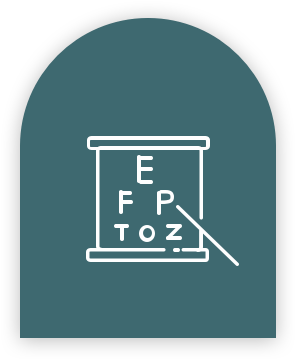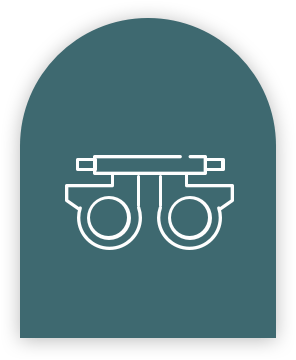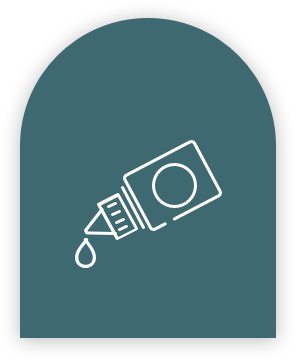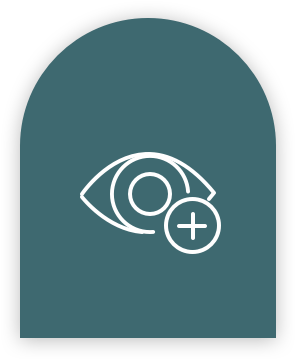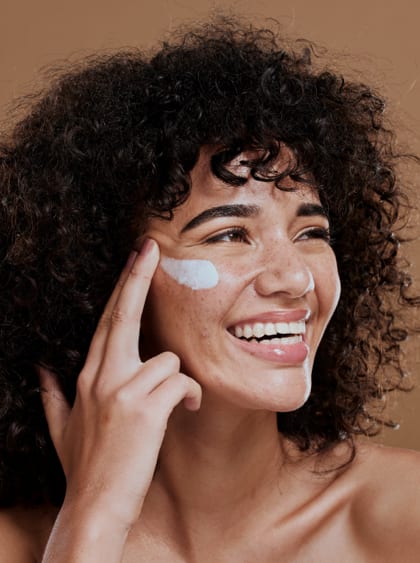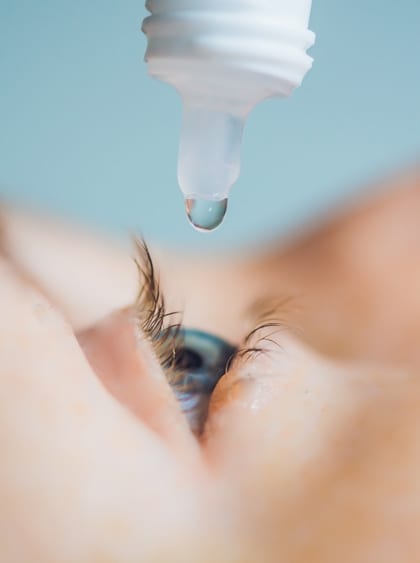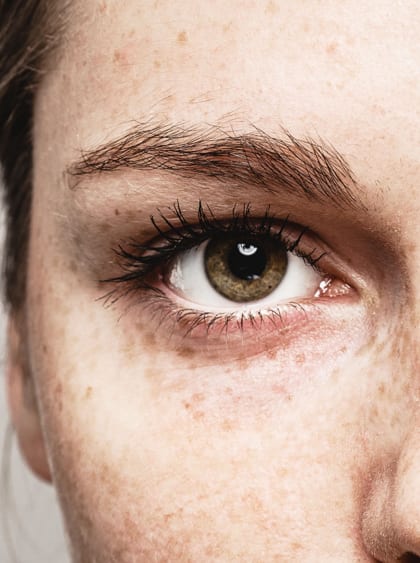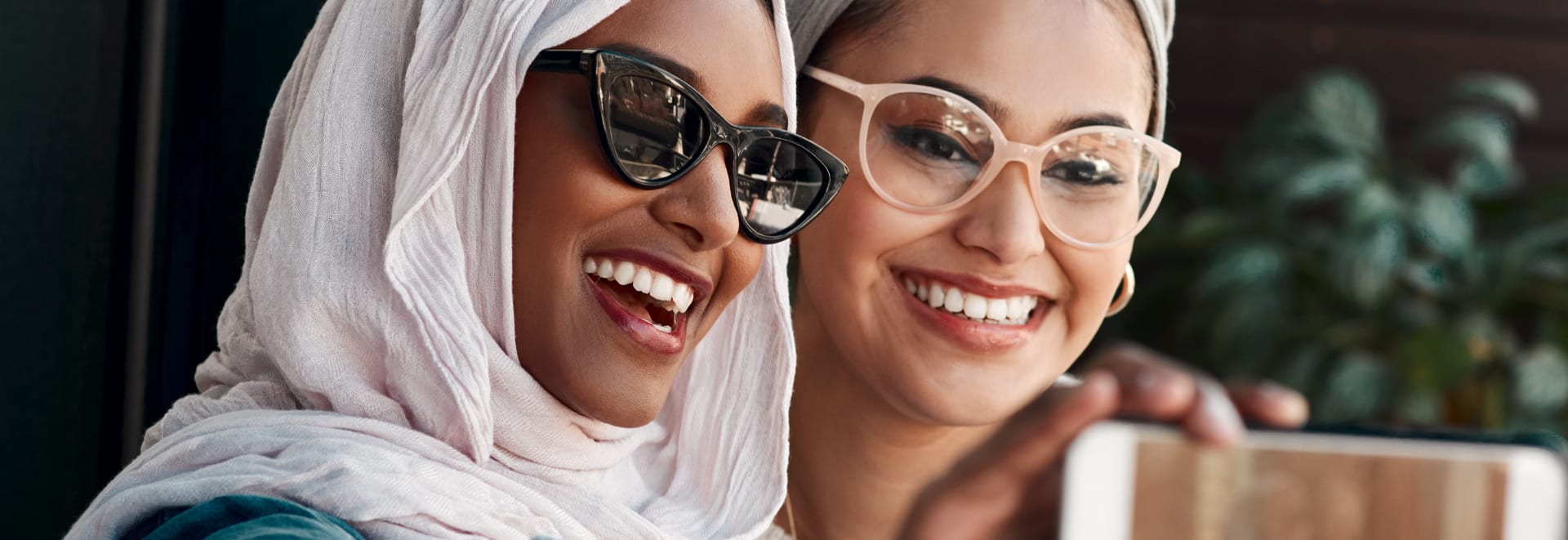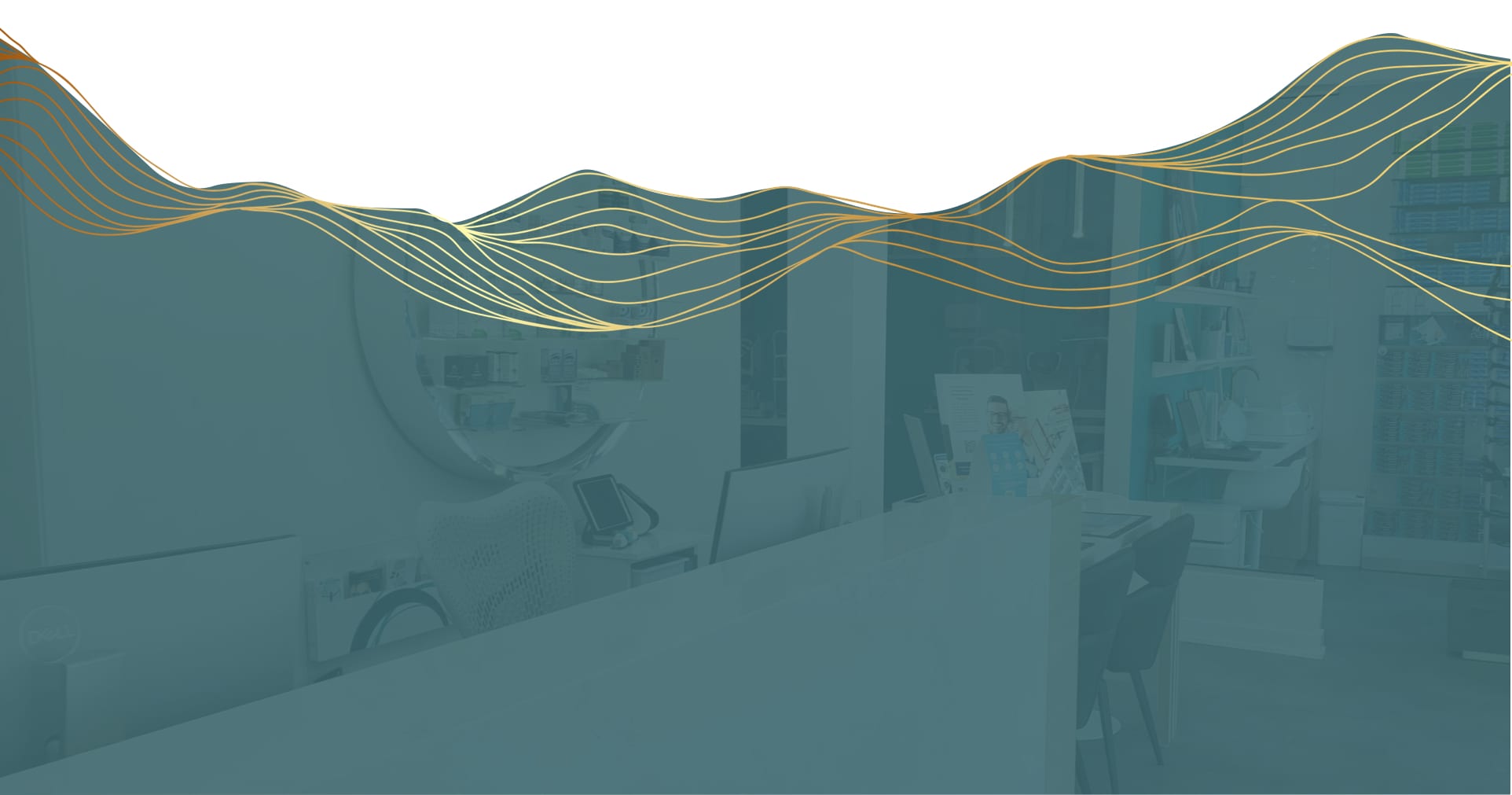October is more than just pumpkin spice and Halloween; it’s also Children’s Vision Month. With the autumn season just behind us, it’s the perfect time to re-highlight the importance of eye exams for kids. We often overlook how crucial vision is to a child’s learning and development.
There are many ways to look out for children’s eye health. Tools like the Spot Screener and Plus Optix help assess vision, while RightEye reading tests can identify issues that might affect reading and school performance.
In some cases, specialized lenses and filters can be used to support better learning. Regular eye exams help track and manage your child’s vision, allowing them to thrive in the classroom and beyond.
Why October Highlights Children’s Vision
October is Children’s Vision Month, and it emphasizes the significance of kids’ eye exams. These early exams help catch vision issues before they hinder a child’s development.
Early detection makes all the difference, and October serves every year as a reminder to prioritize eye health so that vision problems in children don’t go unnoticed.
Many kids can’t articulate what the vision problems they’re experiencing, or else they assume that everyone sees the world like they do. That’s why eye exams are crucial. By observing Children’s Vision Month, we aim to spread awareness and encourage parents to prioritize their child’s eye health.
The goal is simple. Make eye exams a routine part of your child’s healthcare and set the foundation for a lifetime of healthy vision. It’s a small step with a big impact.
The Impact of Vision on Learning & Development
A child’s ability to see clearly is closely tied to their learning and development. Reading, writing, and even playing all require keen eyesight. Poor vision can lead to difficulties in school and may manifest as behavioral issues.
A lot of learning is visual, so imagine the challenges a child faces if they struggle to see the board or read their textbooks. They may fall behind academically and socially, which is likely to impact their self-esteem.
Vision problems can sometimes mimic learning disabilities. Regular eye exams can help distinguish between the two, ensuring your child gets the appropriate support.
The First Year of Life & Eye Exams
The first year of life is critical for a child’s visual development. It’s a time of rapid growth, and the eyes are no exception. Early eye exams can identify potential issues before they become major problems.
Pediatricians typically check newborns’ eyes for basic health and structure. However, more comprehensive exams are needed as a child grows. These assessments can detect conditions like myopia that, if untreated, can lead to more serious issues.
Tools We Use for Children’s Vision Exams
MEye Health uses tools like the Spot Screener and Plusoptix to assess children’s vision. These devices provide accurate pre-measurements, making the assessment process efficient and child-friendly.
- The Spot Screener is a handheld device that quickly identifies vision issues. It’s non-invasive and provides results in seconds, making it ideal for young children who may not sit still for long.
- Plusoptix offers detailed measurements and can detect refractive errors, ensuring a comprehensive assessment
These tools together make for a thorough evaluation process that parents can trust.
Identifying Vision Issues with RightEye Reading Tests
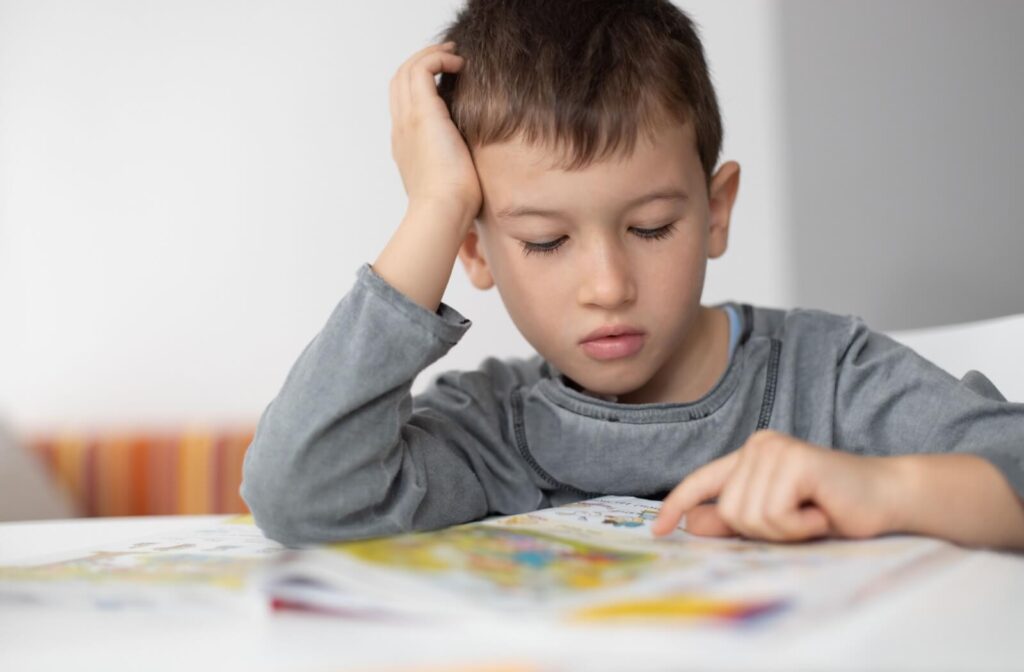
RightEye Reading Tests offer a unique way to spot vision-related reading problems. These tests analyze eye movements, providing insights into how a child reads and processes information.
Many children struggle with reading due to underlying vision issues. RightEye Testing helps pinpoint these challenges. The results can guide interventions, making reading a more enjoyable and successful experience.
This tool is particularly useful for children who have difficulty keeping up with their peers. Identifying and addressing vision-related issues can significantly improve their reading skills and academic performance.
Boosting School Performance with Specialized Lenses & Filters
Specialized lenses and filters can make a world of difference for children with vision issues, making classroom activities easier to manage by:
- Enhancing clarity
- Reducing glare
- Improving focus
For instance, children with conditions like dyslexia may benefit from colored overlays or filters. These tools can help them see words more clearly, reducing reading fatigue and improving comprehension.
The right pair of lenses can also aid in reducing digital eye strain. With increased screen time, these lenses can protect young eyes and ensure they remain comfortable while learning.
How Regular Eye Exams Support Learning
Regular eye exams are important for a child’s learning. They help maintain optimal vision, which is important for academic success. These exams can catch new issues as they arise, ensuring timely interventions.
Consistency is key. Just as you schedule regular check-ups with the pediatrician, eye exams should be part of your child’s routine healthcare. It’s recommended that children have:
- Their first eye exam at 6 months
- Again at age 3
- Then annually until age 18
Remember, early detection leads to early treatment. By prioritizing regular eye exams, you’re setting your child up for a successful learning experience.
Ready to Book Your Child’s Eye Exam?
Eye exams are an important component of a child’s educational and developmental success. From the first year of life through their school years, regular eye check-ups can make a significant difference.
By using tools like Spot Screener, Plus Optix, and RightEye Reading Tests, we can ensure accurate diagnoses and tailor interventions to boost school performance.
Don’t wait for problems to arise. Book an eye exam at MEye Health to ensure your child’s vision is being taken care of.



